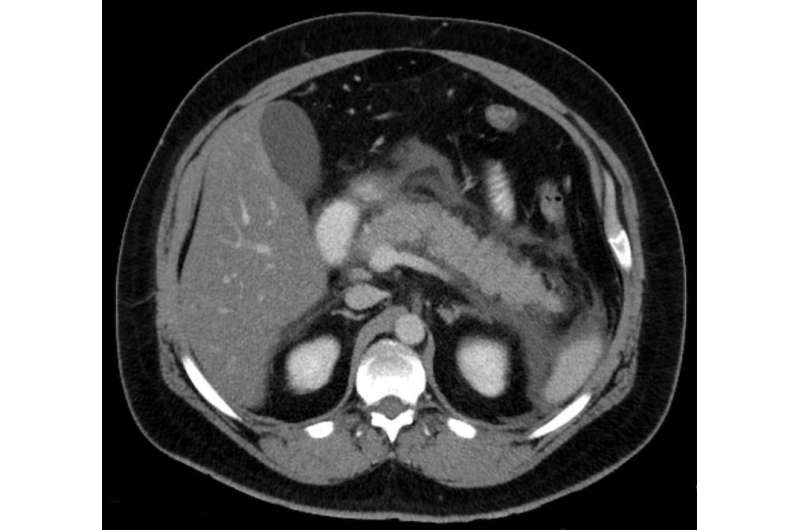New Insights on Early Measles Vaccination to Prevent Global Outbreaks

Emerging research suggests that administering the measles vaccine earlier than current guidelines could significantly strengthen immunity in infants and help control global outbreaks of the highly contagious disease.
The ongoing surge in measles cases worldwide has prompted experts to reconsider the optimal timing of vaccination to enhance early protection in infants. A comprehensive systematic review conducted by the Murdoch Children's Research Institute (MCRI) highlights the potential benefits of administering the measles vaccine earlier than the current WHO recommendation. Currently, most low- and middle-income countries start the first dose between 9 to 12 months of age, which leaves a window of vulnerability for infants, as maternal antibodies typically decline to ineffective levels by four to seven months.
The review analyzed data from 34 studies involving around 8,000 infants under nine months in diverse settings. Findings revealed that maternal antibodies, which naturally provide some protection at birth, diminish rapidly, with only 30% of infants maintaining protective levels by four months. Importantly, when the vaccine is given between four to seven months, it generates a strong immune response, suggesting that earlier vaccination could be a valuable strategy to fill immunity gaps during infancy.
With nearly 400,000 measles cases reported globally in 2024 and over 16,000 cases in the first two months of 2025, the authors advocate for reconsidering vaccination schedules. They propose either earlier administration of the first dose or adding an extra early dose to bolster immunity during a critical period.
However, leading experts acknowledge challenges, including vaccine efficacy concerns in very young children, cost-effectiveness, and logistical hurdles in high-burden regions. Additionally, achieving high coverage remains a significant obstacle, complicated further by disruptions caused by the COVID-19 pandemic, which hampered routine immunization efforts and increased vaccine hesitancy.
Prevention of measles, a highly contagious airborne virus, is crucial for protecting vulnerable populations, especially infants relying on herd immunity. Experts emphasize that improving surveillance, rapid diagnostic testing, and conducting further trials on early dosing schedules are essential steps in controlling the current outbreak trend.
Some countries like New Zealand have already adopted policies recommending an additional dose for children as young as four months before travel to endemic areas, reflecting the growing recognition of the need for flexible vaccination strategies. The goal remains to reach and maintain at least 95% vaccination coverage to stop the spread of measles and prevent future outbreaks.
Source: https://medicalxpress.com/news/2025-05-earlier-measles-vaccine-curb-global.html
Stay Updated with Mia's Feed
Get the latest health & wellness insights delivered straight to your inbox.
Related Articles
Canada Encouraged to Support Health Care Innovations for Global Leadership
Canada has the potential to lead global health innovation by fostering real-world healthcare solutions through collaboration and supportive policies, experts say.
New Clinical Data Revealed for EBC-129, a Promising Cancer Drug in Phase I Trials
Updated results from Phase I trials of EBC-129, a novel antibody-drug conjugate, show promising efficacy and safety in heavily pre-treated pancreatic cancer patients, paving the way for further clinical development.
New Expert Guidelines Enhance Safety and Effectiveness of PDA Closure in Premature Infants
New guidelines from SCAI aim to enhance the safety and success of transcatheter PDA closure procedures in premature infants, emphasizing best practices, operator training, and institutional readiness.
Targeting Epigenetic Modifications to Halt Multiple Myeloma Progression
New research highlights how targeting epigenetic modifications can disrupt tumor growth in multiple myeloma, offering promising avenues for innovative treatments against resistant forms of this blood cancer.



